
Catena Labs
Founded Year
2022Stage
Series A | AliveTotal Raised
$18MAbout Catena Labs
Catena Labs operates as a financial institution at the intersection of artificial intelligence (AI) and financial systems. The company provides services that enable AI agents to identify themselves and conduct transactions, while also offering risk management and compliance tailored to the needs of AI. Catena Labs serves the agent economy, offering stablecoins and traditional banking integrations to support the financial activities of AI agents and their collaborators. It was founded in 2022 and is based in Boston, Massachusetts.
Loading...
ESPs containing Catena Labs
The ESP matrix leverages data and analyst insight to identify and rank leading companies in a given technology landscape.
The AI agent payments infrastructure market enables secure financial transactions between AI agents, humans, and businesses, eliminating the need for traditional banking infrastructure. Vendors in this space provide APIs, software development kits, and specialized protocols that allow developers to build AI systems that can autonomously initiate, authenticate, and complete financial transactions o…
Catena Labs named as Challenger among 12 other companies, including Coinbase, Stripe, and Basis Theory.
Catena Labs's Products & Differentiators
Agent Commerce Kit (ACK)
ACK is an open source framework and pattern language for AI agent-to-agent identity verification and payments. https://www.agentcommercekit.com/
Loading...
Research containing Catena Labs
Get data-driven expert analysis from the CB Insights Intelligence Unit.
CB Insights Intelligence Analysts have mentioned Catena Labs in 6 CB Insights research briefs, most recently on Oct 23, 2025.
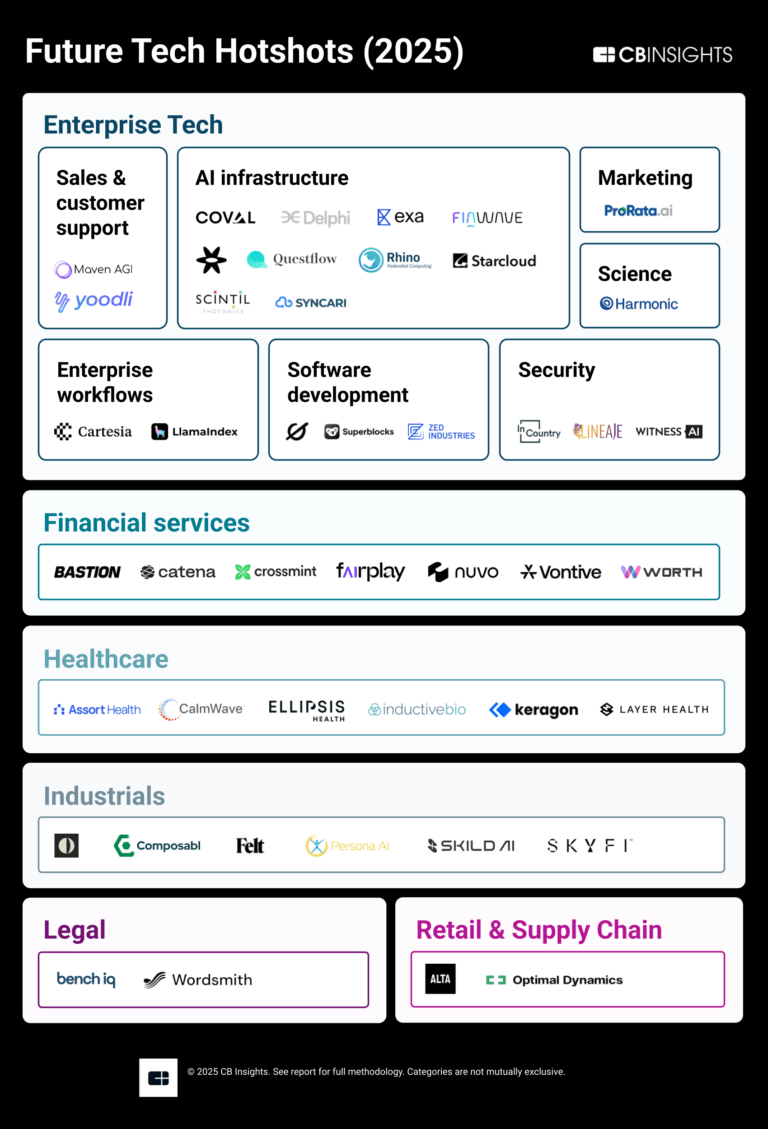
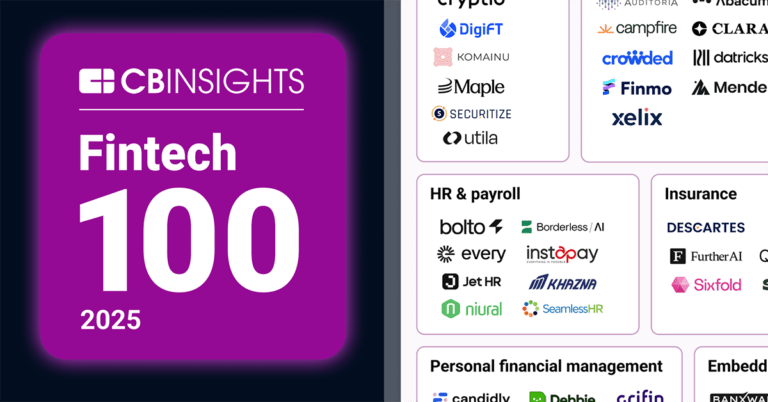
Oct 23, 2025 report
Fintech 100: The most promising fintech startups of 2025
Oct 23, 2025 report
Book of Scouting Reports: 2025’s Fintech 100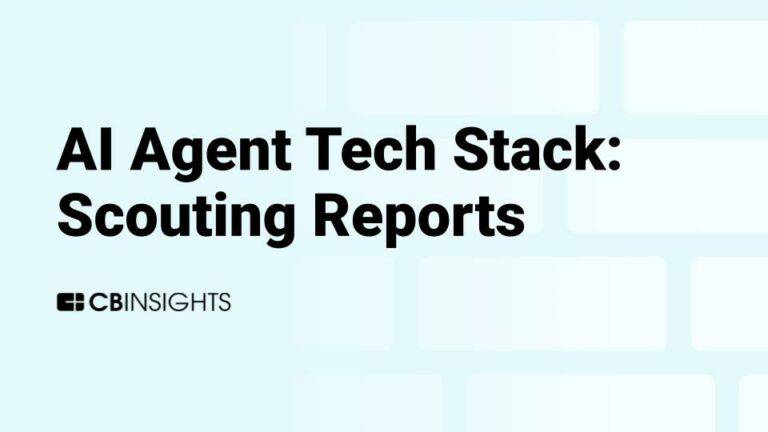
Sep 5, 2025 report
Book of Scouting Reports: The AI Agent Tech Stack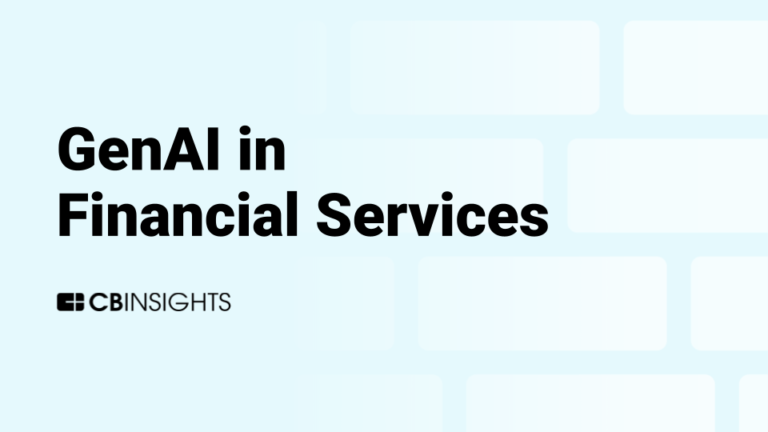
Aug 29, 2025 report
Book of Scouting Reports: Generative AI in Financial Services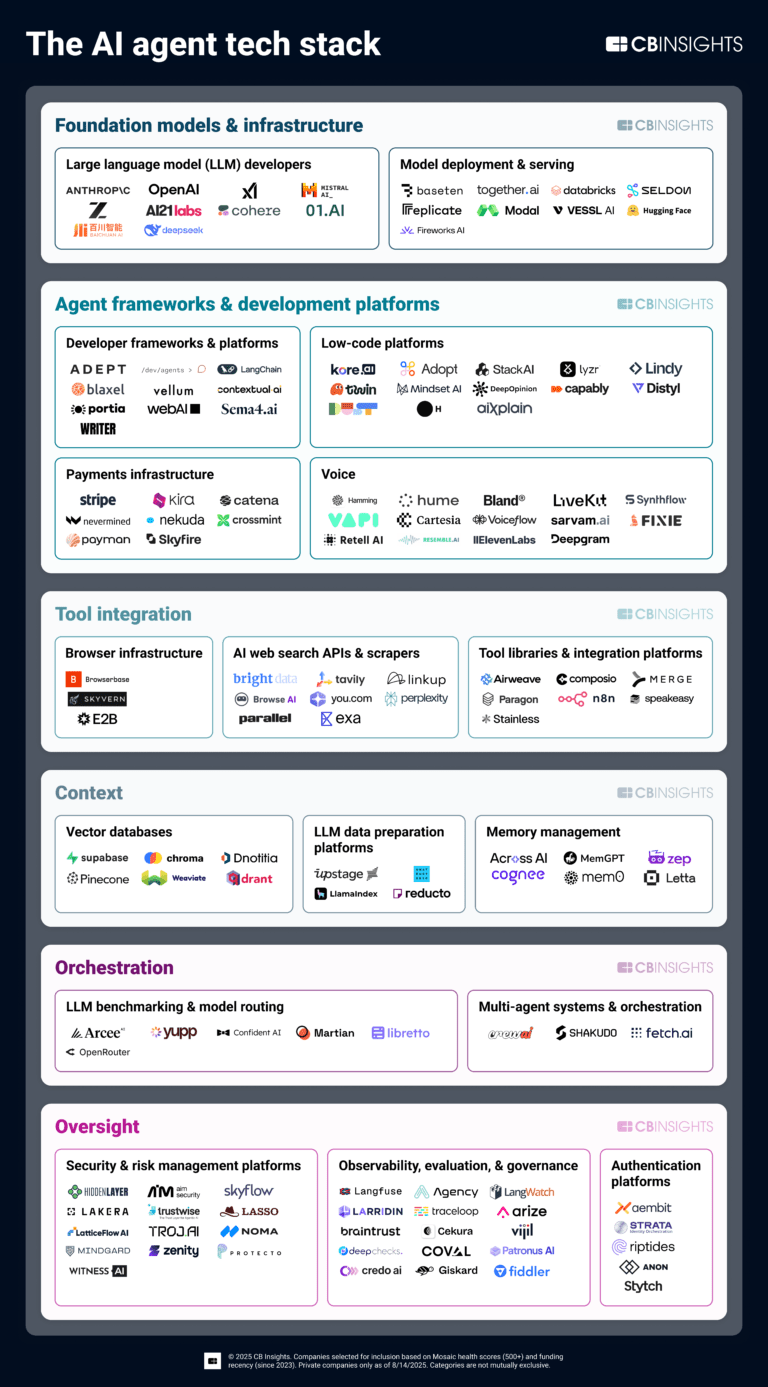
Aug 22, 2025
The AI agent tech stackExpert Collections containing Catena Labs
Expert Collections are analyst-curated lists that highlight the companies you need to know in the most important technology spaces.
Catena Labs is included in 8 Expert Collections, including Generative AI.
Generative AI
2,951 items
Companies working on generative AI applications and infrastructure.
Artificial Intelligence (AI)
37,256 items
Fintech
9,809 items
Companies and startups in this collection provide technology to streamline, improve, and transform financial services, products, and operations for individuals and businesses.
Digital Banking
937 items
Stablecoin
471 items
Blockchain
9,320 items
Companies in this collection build, apply, and analyze blockchain and cryptocurrency technologies for business or consumer use cases. Categories include blockchain infrastructure and development, crypto & DeFi, Web3, NFTs, gaming, supply chain, enterprise blockchain, and more.
Latest Catena Labs News
Nov 9, 2025
lending, savings, insurance etc) by incumbents or startups – accompanied by the infrastructure to provide it - this year felt like bigger changes were afoot. Coming off the back of many IPOs and M&A events this year – congrats to Chime (a historical portfolio company) and eToro - the mood was more optimistic. Yet, energy cooled on many of last year's buzz words like “embedded finance”, “buy now pay later” and “climate finance”. Looking back on the conference, I sensed energy and big opportunities for the future in a few places in particular: AI is reinventing financial services, in some cases from first principles. Stablecoins are becoming the Internet's native settlement layer. Regulation and technology are fusing into programmable trust. 1. AI Is Reinventing Financial Services A few of the largest AI platforms made announcements in recent weeks, including of note Anthropic with an excel plug-in with multiple financial skills. OpenAI announced integrations into multiple commercial and payments apps. When I sat down with Mike Krieger, co-founder of Instagram and now Chief Product Officer of Anthropic, I asked him his views about the role of AI in financial services. “I think the companies that are going to grow the fastest are the ones building at the edge of model capabilities. They're building in a way where every model release makes their product better—they're letting the model do as much as it can, and it's only going to get more capable and add more value.” Anthropic's approach to product development is built around that idea. Krieger described customers such as Parcha and Decagon who tore out custom code and rebuilt their workflows directly on Claude's agent SDKs. What struck me most was his pragmatism about interfaces. “At first I thought chat was too primitive,” he admitted. “Now I think it's genius. You tell the system what you want, and everything underneath the chat box is what's changing.” In Anthropic's world, Claude isn't a chatbot; it's a computer—an agentic platform that learns and acts. If Krieger is exploring AI as product , Sean Neville—best known as co-founder of Circle—is exploring AI as participant . His new venture, Catena Labs, is building what he calls a financial operating system for agents. “In the future,” Neville told me, “the customers of our products will be AI agents. They'll need to pay, get paid, borrow, lend—everything humans do.” The concept of fintech for AI was an emerging theme. Catena, part of a growing class of startups, is developing the plumbing that would make that possible—agent identity, programmable trust, and what he half-jokingly calls Know Your Agent (KYA). “The immediate issue isn't privacy or price,” he said. “It's trust. Why would I trust an AI with my money?” Investors see the same wave building. Vivek Krishnamurthy of Commerce Ventures told me, “There's no stopping the train when it comes to human-directed agentic commerce. Discovery and purchase through agentic platforms—ChatGPT, Perplexity—will be mainstream within twelve months.” But, he cautions, “We still have a long way to go on agent-to-agent payments. The ecosystem needs common protocols, identity, and liability standards. When we get there, we'll disrupt the legacy card and processor value chain.” Karim Gillani, founder of Luge Capital, added historical context: “The last decade of fintech was about unbundling and rebundling banking products. The next phase will reimagine how those products work fundamentally.” AI as a building block, and as a customer, will likely be an important component. The next financial products won't just empower humans with AI—they'll empower machines to transact safely on our behalf. 2. Stablecoins: From Curiosity to Global Rail As I have written before , stablecoins have key advantages. “They're fast, cheap, global, and always on,” stressed Gillani as well. “No other payment rail has all those characteristics.” Yet, the industry is maturing. People don't want Tether or USDC,” Neville told me. “They want dollars on their phone.” Circle's founding thesis in 2013 was simple: put money on Internet rails. That vision has quietly materialized. Stablecoins now power payroll, cross-border remittances, and corporate treasury operations from Lagos to São Paulo. But the next battle is interoperability. “If I have $100 million, I don't want 50 Amazon Coins and 10 USDC and 40 USDT,” Neville told me. “I need that complexity abstracted.” He predicts a payments-optimized blockchain—multi-stable, gas-free, and near-instant—that becomes the TCP/IP of money. One challenge: today there are few barriers to entry. Jake Gibson of Better Tomorrow Ventures expects consolidation before that happens. “There are dozens of issuers and on-ramps being funded,” he said, “but payment rails always consolidate. In the end a few large networks will carry the volume.” This consolidation has a geopolitical dimension. Neville pointed out that the U.S. and China are effectively racing to define the next settlement standard—private stablecoins versus state-issued CBDCs. “The Internet was built through private-sector innovation and public-sector policy,” he said. “That's how we'll build the next generation of money.” Many of these trends are happening concurrently. Jay Ganatra of Infinity Ventures framed the convergence with AI: “AI and stablecoins are finally finding each other. Stablecoins were a solution in search of a problem—AI may be that problem.” 3. Regulation × Technology = Programmable Trust The third current at Money 2020 was subtler but perhaps equally consequential over the long-term: the merger of compliance and code. Some of the most interesting conversations weren't companies delivering financial services, but rather ensuring compliance. Vivek predicts: “AI lets fintechs sell banks Systems of Action instead of forcing them to replace their Systems of Record. That means they can finally capture SaaS and even payroll budgets—10× the market we've been selling into.” This may not be the exclusive domain of fintech over time. Jeff Green, the President of Hatch Bank told me that he expects to see greater direct linkages between the most regulated institutions (like banks) and the capital providers and players in the ecosystem – which were previously abstracted by fintech platforms. Where the Next Products Will Emerge Looking forward, I expect some of the most interesting new fintech innovations not to be a new credit distribution or a embeddable savings tool. AI will allow the creation of entirely new product categories (something I'm focused on professionally at Fluent Ventures ), including by a number of new players. AI is making the diffusion of ideas much more rapidly to new markets, radically accelerating globalization of ideas. Vivek sees this era as fintech's second act. “The first 15 years were about digital distribution of existing solutions,” he told me. “The next 15 will fundamentally improve the core value proposition.” Let's hope so.
Catena Labs Frequently Asked Questions (FAQ)
When was Catena Labs founded?
Catena Labs was founded in 2022.
Where is Catena Labs's headquarters?
Catena Labs's headquarters is located at 6 Liberty Square, Boston.
What is Catena Labs's latest funding round?
Catena Labs's latest funding round is Series A.
How much did Catena Labs raise?
Catena Labs raised a total of $18M.
Who are the investors of Catena Labs?
Investors of Catena Labs include Fin Capital, Circle Ventures, Cooley, Stanford Engineering Venture Fund, Balaji Srinivasan and 17 more.
Who are Catena Labs's competitors?
Competitors of Catena Labs include None and 5 more.
What products does Catena Labs offer?
Catena Labs's products include Agent Commerce Kit (ACK) and 1 more.
Loading...
Compare Catena Labs to Competitors
Dedomena operates in the fields of artificial intelligence and data science, focusing on synthetic data generation, data anonymization, and AI model enhancement. The company provides services that help businesses handle GDPR-compliant data. Dedomena's platform serves various industries, including banking and healthcare, by providing functionalities related to data management. It was founded in 2021 and is based in Madrid, Spain.
CUBIG focuses on artificial intelligence technology and data security solutions in the AI and data security sectors. The company offers services including synthetic data generation, data integration, and a marketplace for synthetic datasets, aimed at maintaining data privacy. Its main clients are sectors that need secure and private data for AI applications, such as manufacturing, finance, and healthcare. The company was founded in 2021 and is based in Seoul, South Korea.

YData is a company that provides services related to data quality and management for data science and AI development. Their main offerings include synthetic data generation, data profiling, and preparation pipelines. YData's solutions are utilized by sectors such as financial services, telecommunications, healthcare, and retail. It was founded in 2019 and is based in Seattle, Washington.
Syntheticus focuses on synthetic data generation within the data privacy and compliance sector. The company offers AI-generated synthetic data that serves as an alternative to real-world data for applications such as AI and machine learning model training, software testing, and analytics. Syntheticus primarily caters to businesses and government entities that need to adhere to data privacy regulations. It was founded in 2021 and is based in Zurich, Switzerland.

Sarus focuses on analytics and artificial intelligence (AI) solutions within the technology sector that prioritize data privacy and security. The company provides a privacy layer that facilitates research, analytics, and AI on sensitive data, while ensuring compliance and security without direct data access. Sarus serves sectors that require strict data privacy measures, including finance, healthcare, and public sector organizations. It was founded in 2020 and is based in Paris, France.

Tonic AI focuses on synthetic data generation and privacy compliance within the software and AI development sectors. The company provides products for the creation, management, and de-identification of test data to support application development, testing, and AI model training while adhering to data privacy regulations. Tonic AI's solutions serve various sectors including financial services and healthcare. It was founded in 2018 and is based in San Francisco, California.
Loading...
